 Application Deadline: 30/06/2020
Application Deadline: 30/06/2020
Ref: PH-SO
How can we recognize which embryo is going to successfully implant in the mother’s uterus? How can we better understand pregnancy and improve in-vitro fertilization (IVF) procedures in the clinic to help couples that cannot conceive?
The Bioengineering in reproductive health group at the Institute for Bioengineering of Catalonia (IBEC) is looking for a Predoctoral Researcher with (Bio) Physics or (Bio) Engineering background to join our multi-disciplinary team. Join us in answering these questions and developing a methodological toolbox for the IVF field, capable to reliably assess an embryo´s implantation and development potential!
This PhD project aims to address the above questions and develop an objective, quantitative imaging technology capable to discriminate competent embryos from unviable ones. The embryos exhibit endogenous auto-fluorescence which encodes the presence of different molecules related to the embryo’s metabolics and are crucial for the successful embryonic development. This project will focus on measuring these signals in a non-invasive way and assessing the embryo viability through subsequent image processing and statistical analysis.
Our laboratory is a multidisciplinary environment where biologists, biophysicists, clinicians and business developers synergize to create a unique environment shaped by science and entrepreneurship. Due to the high translational component of our research, we have established collaboration contracts with the pharma industry, hospitals and venture capital to bring our technology to the clinics and the market.

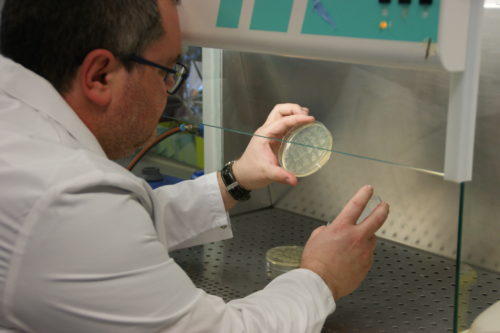
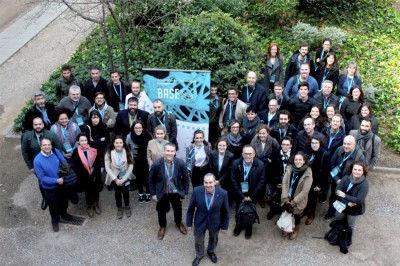
 The Institute for Bioengineering of Catalonia (IBEC) will contribute its extensive experience in 3D printing and bioprinting to the BASE 3D community, an entity that brings together research centers and companies from all over Catalonia with the aim of promoting R+D+i in the field of printing 3D.
The Institute for Bioengineering of Catalonia (IBEC) will contribute its extensive experience in 3D printing and bioprinting to the BASE 3D community, an entity that brings together research centers and companies from all over Catalonia with the aim of promoting R+D+i in the field of printing 3D.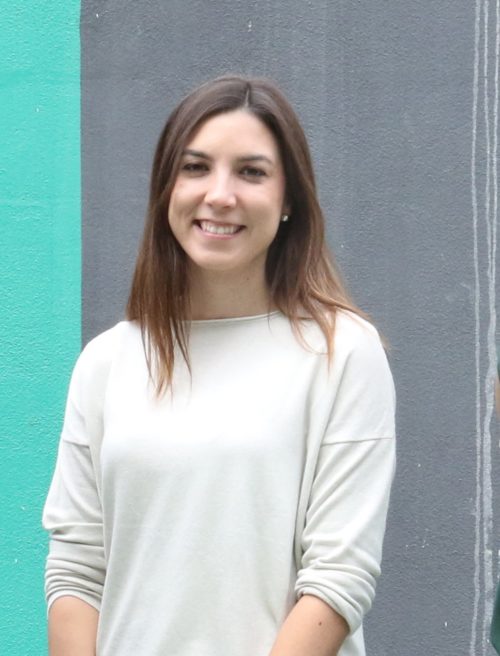
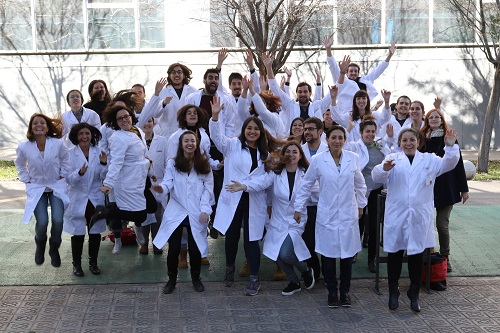 They are crazy, yes, but about science. 24 high-school students from different schools around Catalonia participate together with the Institute for Bioengineering of Catalonia (IBEC) in the “Crazy about Science” program, promoted by Catalunya-La Pedrera Foundation since 2013.
They are crazy, yes, but about science. 24 high-school students from different schools around Catalonia participate together with the Institute for Bioengineering of Catalonia (IBEC) in the “Crazy about Science” program, promoted by Catalunya-La Pedrera Foundation since 2013.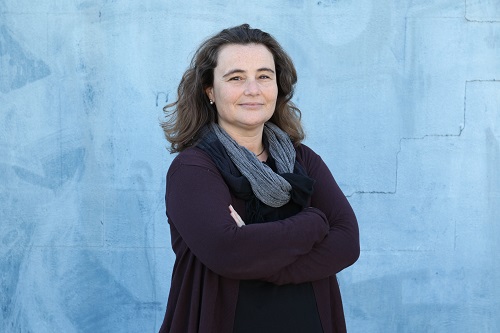

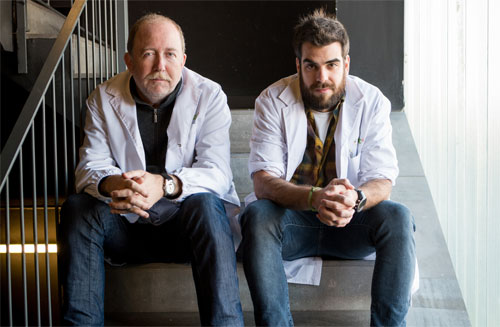
 The Molecular and cellular neurobiotechnology group with the collaboration of the Nanobioengineering group, both of them at IBEC, have applied a new light-stimulated technique to modulate muscular activity and stimulate cell regeneration of the peripheral nervous system.
The Molecular and cellular neurobiotechnology group with the collaboration of the Nanobioengineering group, both of them at IBEC, have applied a new light-stimulated technique to modulate muscular activity and stimulate cell regeneration of the peripheral nervous system.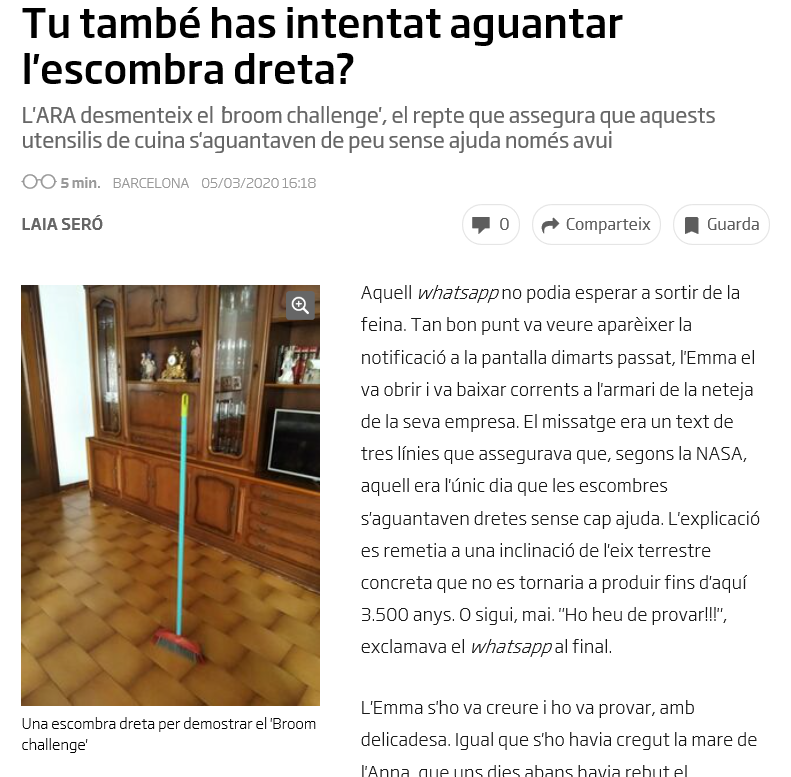
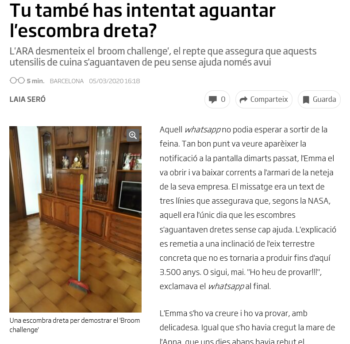 Xavier Trepat reveals to the Ara journal the secret behind the famous boom challenge.
Xavier Trepat reveals to the Ara journal the secret behind the famous boom challenge.


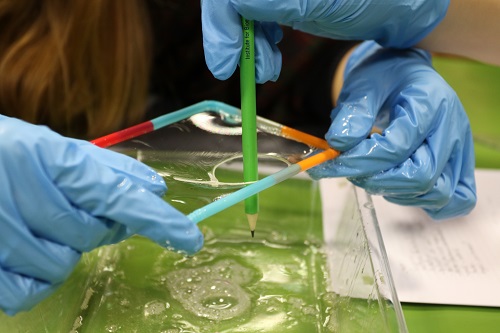
 IBEC’s Communication Unit is again credited as a member of the Network of the Scientific Culture and Innovation Units (UCC + i), through the Spanish Foundation for Science and Technology (FECYT) for its contribution to the scientific culture.
IBEC’s Communication Unit is again credited as a member of the Network of the Scientific Culture and Innovation Units (UCC + i), through the Spanish Foundation for Science and Technology (FECYT) for its contribution to the scientific culture.